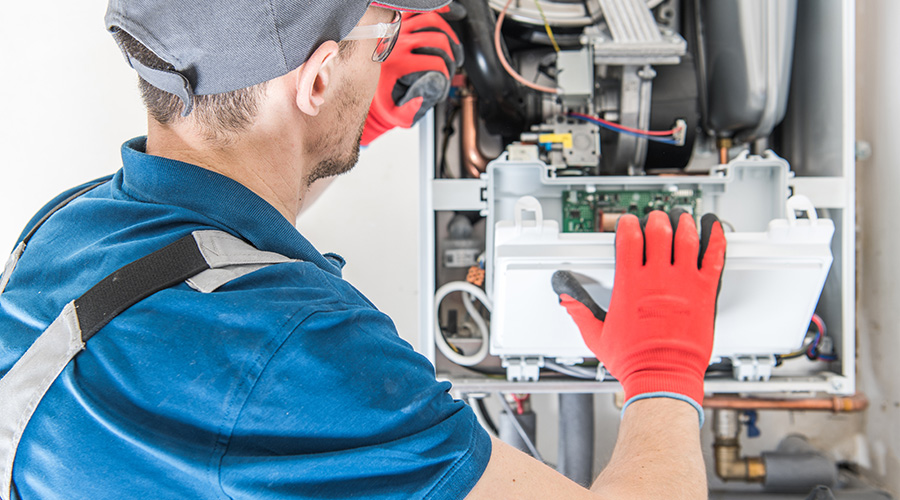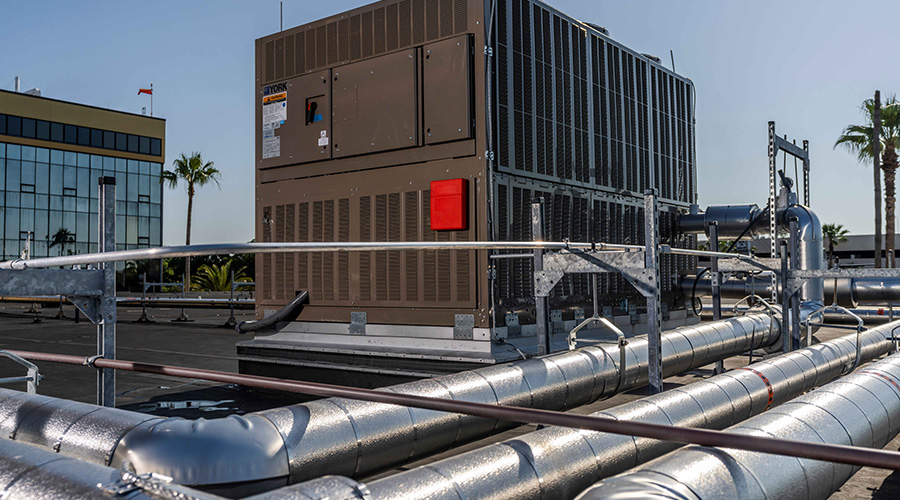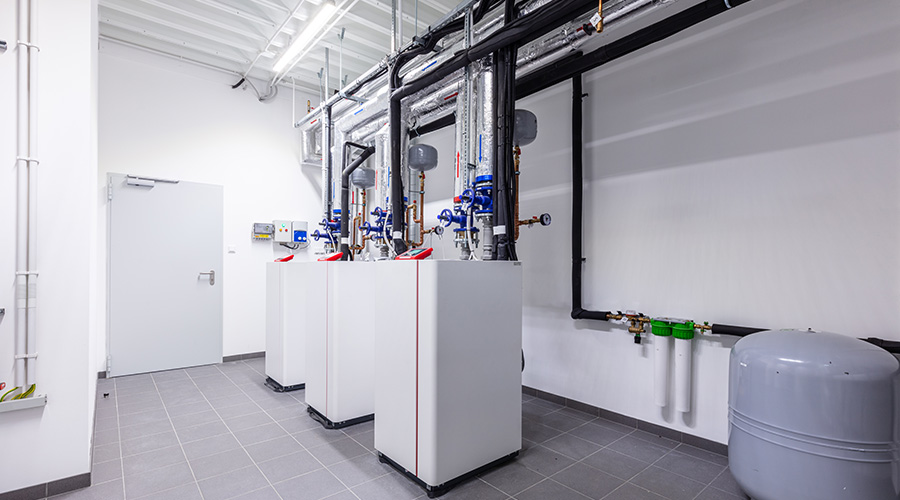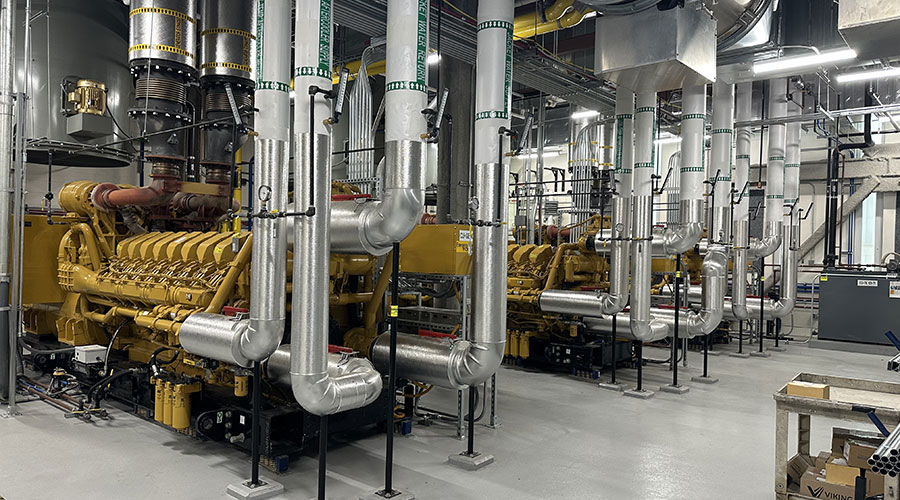Boilers: Maintenance Impacts Energy Efficiency
Despite technology advances and higher efficiency ratings for condensing boilers, managers still need to ensure technicians have the training, time, and resources to maintain them properly.
"One of the things people underestimate is the new generation of high-efficiency boilers," McKeegan says. It is essential managers provide for equipment maintenance to ensure they deliver long-term performance, not just initial benefits.
"Combustion boilers on the fire side are dirty, so they require an absolute commitment to keeping them clean," he says.
Advances in controls technology are designed to help operators streamline their daily duties related to boiler operation and maintenance.
"The updated controls have made it much easier to extract information from the boilers and determine operating performance, as well as maintenance requirements, "Southwell says. "Many control designs now incorporate multiple functions into fewer devices, which simplify the control-system design and minimize the number of components that need to be supported."
Looking Ahead
Manufacturers point to several trends that are likely to play out in the next generation of boilers and water heaters. According to Southwell, managers will see:
- web-based applications that will allow operators to monitor the boiler plant from any Internet-connected device
- e-mail and text-message alerts with resolution recommendations in the event of an operational issue
- trended system performance with the ability to remotely modify system parameters to maintain peak efficiency and performance.
Managers also will see boilers and water heaters that not only use less fuel to generate needed heat but that use less electricity to operate the system's pumps, motors, and variable-speed drives, Pierce says.
Finally, Pierce says, manufacturers are likely to respond to questions about fuel options by introducing more units that use multiple fuels, including natural gas, electricity, bio-fuels, diesel fuel, and biomass.
Says Pierce, "I think we're going to see a big influx in the next few years."
Related Topics:














